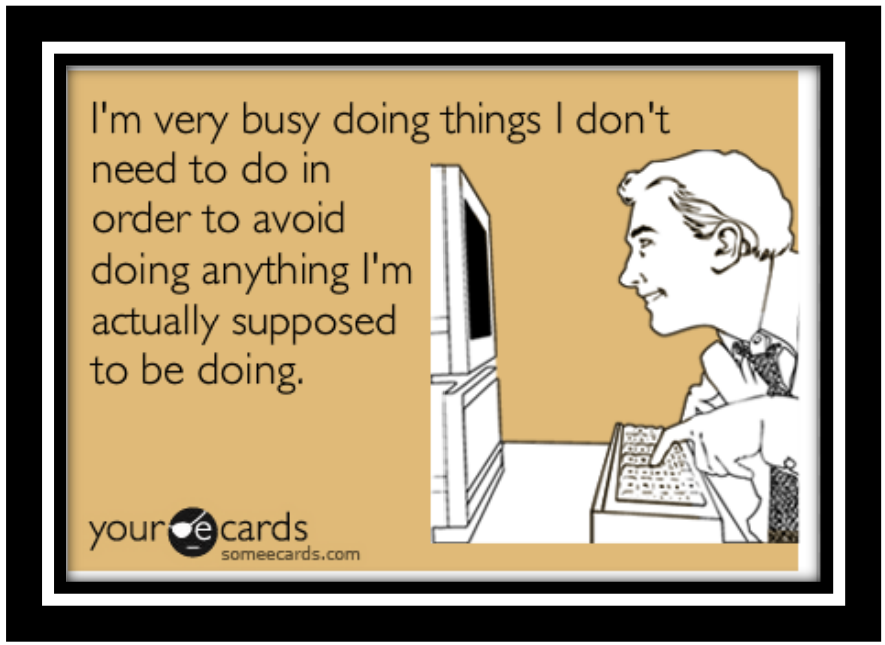Guidance for Parents/Carers
Please see documents below which you may find useful.
- Guidance for using Satchel:One (formerly Show My Homework)
- ACL Essex Community Family Learning Brochure
- Spark Mentoring
- School Nurse
- Redbridge Information Advice Support Service
- Learning Together to be Safe
- Teaching Approaches to Build Resilience to Extremism
- Vulnerability Assessment
- Parent/Carer Guidance on Coping with Self Harm
- PSHE - Teaching Students at Home
- How to protect your children on their smartphone
- Social Media Guide for Parents/Carers
- Referral to West Hatch Counselling
MindEd have launched a site for families to access information and support on mental health related matters which you may be interested in - please click on the following link: http://minded.e-lfh.org.uk/families/index.html
E-Safety Advice
Essex Police have created some useful advice on how to 'Sort Your Settings' and stay safe online: www.essex.police.uk/SortYourSettings
With the increased reliance on technology for school work, an organisation called “think you know” have produced some information for parents that we feel may be helpful. See the videos below (updated fortnightly) for this guidance.
The internet can be a fantastic resource but it can also be a dangerous place if you don’t keep yourself safe and secure online. It is important to remember that not everyone you may meet on the internet will be who they say they are. So think very carefully about how you use the internet. Never give out your passwords or any private information for example. You must certainly never agree to meet anyone you’ve met online - always speak to your parents if you are asked to do so.
The internet is also a place where bullying can easily occur.
You need to think very carefully about any of the pictures or videos that you post of yourself. This includes items that you may send via text message. If you every receive any kind of abuse online you must tell someone about it, your parents, a family member, a teacher or a friend for example.
When should you report to CEOP?
CEOP help children stay safe online. Has someone acted inappropriately towards you online, or to a child or young person you know? It may be sexual chat, being asked to do something that makes you feel uncomfortable or someone being insistent on meeting up. You can report it to CEOP below.
Advice for students
- Don’t post any personal information online – like your address, email address or mobile number.
- Think carefully before posting pictures or videos of yourself. Once you’ve put a picture of yourself online most people can see it and may be able to download it, it’s not just yours anymore.
- Keep your privacy settings as high as possible
- Never give out your passwords
- Don’t befriend people you don’t know
- Don’t meet up with people you’ve met online. Speak to your parent or carer about people suggesting you do
- Remember that not everyone online is who they say they are
- Think carefully about what you say before you post something online
- Respect other people’s views, even if you don’t agree with someone else’s views doesn’t mean you need to be rude
- If you see something online that makes you feel uncomfortable, unsafe or worried; leave the website, turn off your computer if you want to and tell a trusted adult immediately.
Extra links and information
- Vodafone Digital Parenting: https://www.vodafone.com/content/digital-parenting/about.html
- Social Media for schools: a guide to Twitter, Facebook and Pinterest by Matt Britland, The Guardian, 26 July 2012
- Cyberbullying Guidance – supporting school staff www.digizen.org/resources/school-staff.aspx
- Young people and social networking sites – a guide for parents, carers and teachers www.childnet.com/downloads/blog_safety.pdf
- Facebook safety advice for educators www.facebook.com/help/441374602560317/
- Information on Safer Internet Day www.saferinternetday.org/web/teachtoday/home
- Resources from Childnet including a Social Networking Guide for Teachers www.childnet.com/resources/kia/
- Resources from the UK Safer Internet Centre www.saferinternet.org.uk/advice-and-resources/teachers-and-professionals
- How social media is used to encourage travel to Syria and Iraq – briefing note for schools (DfE, July 2015) www.gov.uk/government/publications/the-use-of-social-media-for-online-radicalisation
- The following website will give you some really good advice on how to stay safe online:Safe search kids.com
- The following booklet about cyberbullying is also very helpful:NSPCC - A Parents Guide to Being Share Aware
- "Nude Selfies - What Parent’s need to know” - please click the link below for advice https://www.thinkuknow.co.uk/parents/Nude-Selfies-What-parents-and-carers-need-to-know/
Helping with homework
Homework Success
Students are more successful in school when parents take an active interest in their homework – it shows students that what they do is important.
Of course, helping with homework shouldn’t mean spending hours hunched over a desk. Parents can be supportive by demonstrating study and organization skills, explaining a tricky problem, or just encouraging kids to take a break. And who knows, you might even learn a thing or two!
Dr. Levin, Ph.D. (Professor of Education, Wheelock College) states that:
“One of the best ways to help children become independent and responsible learners (and get their homework done) is to encourage them to take ownership of their work.”
Here are some tips to guide the way:
1. Know the teachers – and what they’re looking for. Attend school events, such as parent-teacher conferences, to meet your child’s teachers. Ask about their homework policies and how you should be involved.
2. Set up homework-friendly area. Make sure children have a well-lit place to complete homework. Keep supplies – paper, pencils, glue, scissors – within reach.
3. Schedule a regular study time. Some children work best in the afternoon, following a snack and rest period; others may prefer to wait until after dinner.
4. Help them make a plan. On heavy homework nights or when there’s an especially hefty assignment to tackle, encourage your child break up the work into manageable chunks. Create a work schedule for the night if necessary – and take time for a 15-minute break every hour, if possible.
5. Keep distractions to a minimum. This means no TV, loud music, or phone calls. (Occasionally, though, a phone call to a classmate about an assignment can be helpful.)
6. Make sure children do their own work. They won’t learn if they don’t think for themselves and make their own mistakes. Parents can make suggestions and help with directions. But it’s a child’s job to do the learning.
7. Be a motivator monitor. Ask about assignments, quizzes, and tests. Give encouragement, check completed homework, and make yourself available for questions and concerns.
8. Set a good example. Do your children ever see you diligently balancing your budget or reading a book? Children are more likely to follow their parents’ examples than their advice.
9. Praise their work and efforts. Post an ace’d test or art project on the refrigerator. Mention academic achievements to relatives.
10. If there are continuing problems with homework, get help. Talk about it with your child’s teacher. Get their advice on how you can most effectively help your child at home and any extra support they can provide.

Hard copies of any of the documents listed can be obtained from the school Reception or requested via our admin email address on admin@westhatch.net

